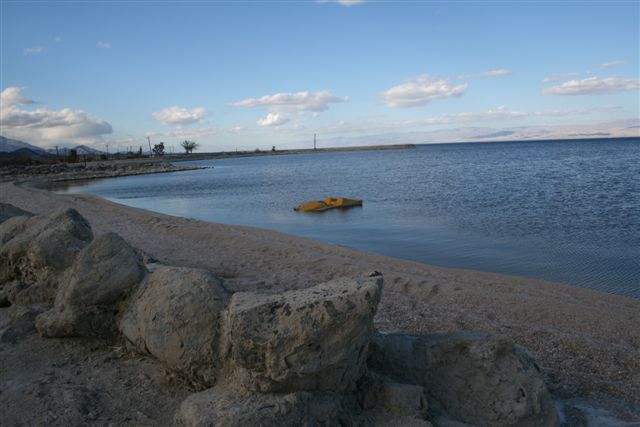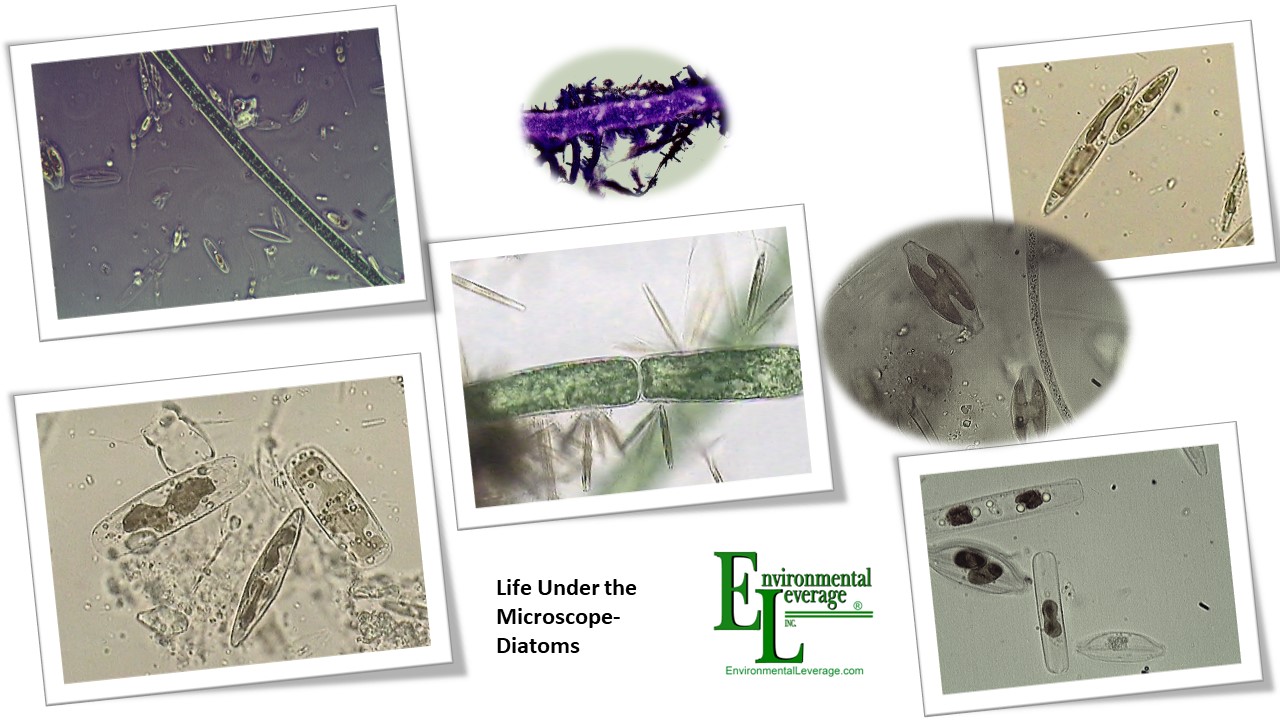Biological Products:
Bioaugmentation products for Wastewater applications in Papermills, Refineries, Chemical, Tanneries, Municipalities, Textiles, Steel, Agriculture, Animal feedlot, Gun Powder plant, Food and Beverage- Dairy Products, Orange Juice factory, Wineries, Cookie factory, Vegetable processing plant, Meat packing, Barbecue Restaurant, Aquaculture, Ornamental Ponds with algae , CAFO, Nursing homes, Military, Campgrounds, Universities, Regulatory agencies, River and Lake remediation
Lab Services:
Filamentous Identification Lab Service. One reason to identify filaments is to determine the filaments characteristics and then determine the type present. If the type is found out, a root cause can usually be associated with a particular filament. If the cause is known, then a correction can be made to alleviate problems. Chlorination is only a quick fix. Without process changes, filaments will grow back after chlorination. Wastewater Biomass Analyses and Cooling Tower Analyses also available
Training Materials:
Training is an integral part of any job. Not everyone is at the same level of training. Many people want beginning concepts and basics. Some need technical information or troubleshooting. Some want equipment, technology or process information. We have developed a full set of Basic training, Advanced training, Filamentous Identification the Easy Way as well as custom training CD's Manuals. We also provide hands-on training classes and soon will have an Online "E-University".
Audits and Consulting:
At Environmental Leverage® Inc., we have a team of experienced individuals who come into your plant with a fresh pair of eyes. The system is checked from influent to effluent. System optimization, equipment efficiency and operational excellence are key components explored. Key Benefits Equipment efficiency Total Cost of Operation reductions Reliability and safety An onsite audit is conducted to examine system parameters, process controls, and current monitor and control procedures. A physical walk-through is conducted, process flow diagrams are examined, previous design criteria are examined and current standard operating procedures are evaluated along with data logs.
|
Troubleshooting-Diatoms in the Salton SeaWhat's New!
We have just added "Virtual Audits" to our capabilities. Check out our new Services. We are in the process of developing new courses for our ""Online E-University" in order to meet the needs of our global customers that cannot travel to our public classes.Visit our new website www.WastewaterElearning.com/Elearning
Algae and Diatoms- Pests or natures
helpers. . . . .
More than 10,000 living diatom species are known, there are over 8,000 species of Algae, there are 1500 species of Blue Green algae or Cyanobacteria, there are 6000 species of red algae or Rhodophyta . . . . the list goes on and on- ok, so identification is not as important as why is it growing, how it impacts my plant and how to get rid of it!!!
Diatoms are a major group of eukaryotic algae, and are one of the most common types of phytoplankton. Diatoms are unicellular algae in the family Bacillariophyceae. Most diatoms are unicellular, although some form chains or simple colonies. There are more than 200 genera of living diatoms, and it is estimated that there are approximately 100,000 species.
These photomicrographs were taken from the Salton Sea from a remediation bench scale testing we performed and a profile of some of the biomass, algae and diatoms in the lake at various points around the lake.
These photomicrographs were taken from a study performed on the Salton Sea.
You do not want a sterile lake though. Some plants and algae are needed
for a natural balance in the lake ecosystem. Fish love to hide under the
lilies and in among the water grasses, weeds and algae.
Bioaugmenation in Rivers and Lakes
Call Environmental Leverage today to learn more about an Algae control program! Microscopic analyses of your system More Troubleshooting Algae in various parts of a treatment plant Algae in Ornamental or small ponds Algae Removal- Bioaugmentation Algae in Various parts of the Plant Mystery bug of the Month- Algae Salton Sea Free swimming ciliates
|

 Well, there are mixed opinions on Algae- are they truly pests or do they
help clean up some of the excess chemicals found in our waterways and
provide a food source for aquatic life?
Well, there are mixed opinions on Algae- are they truly pests or do they
help clean up some of the excess chemicals found in our waterways and
provide a food source for aquatic life?

